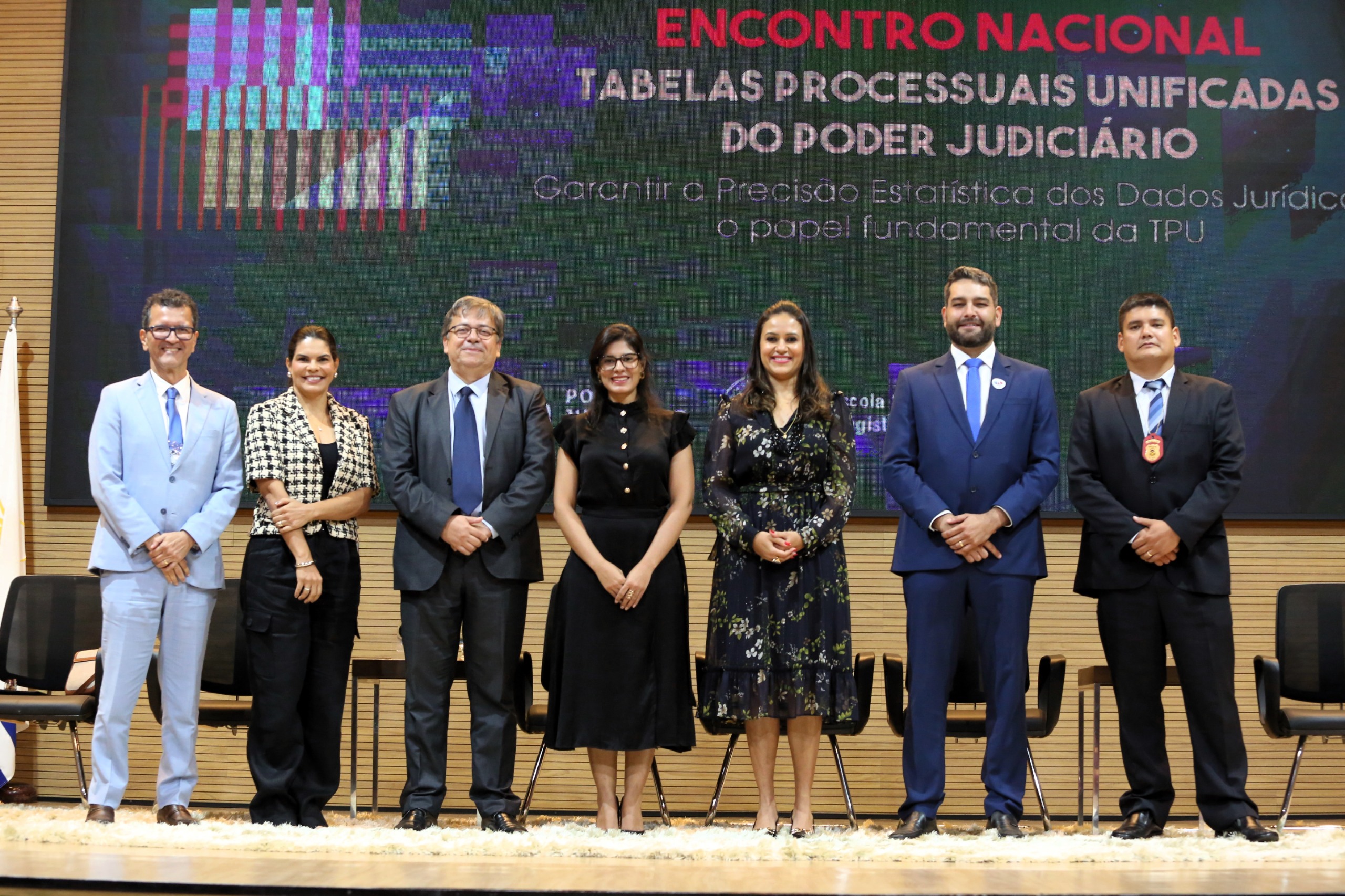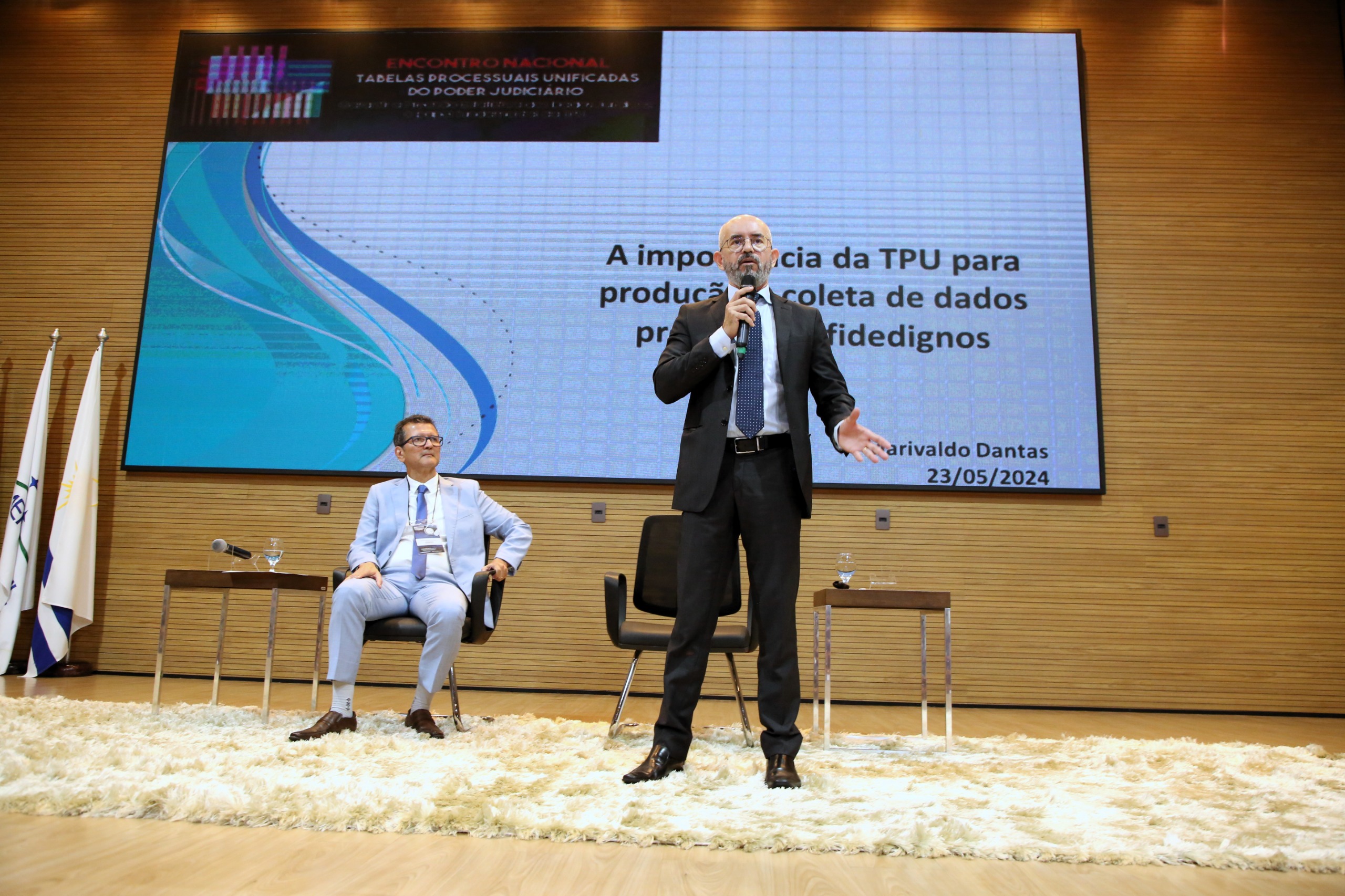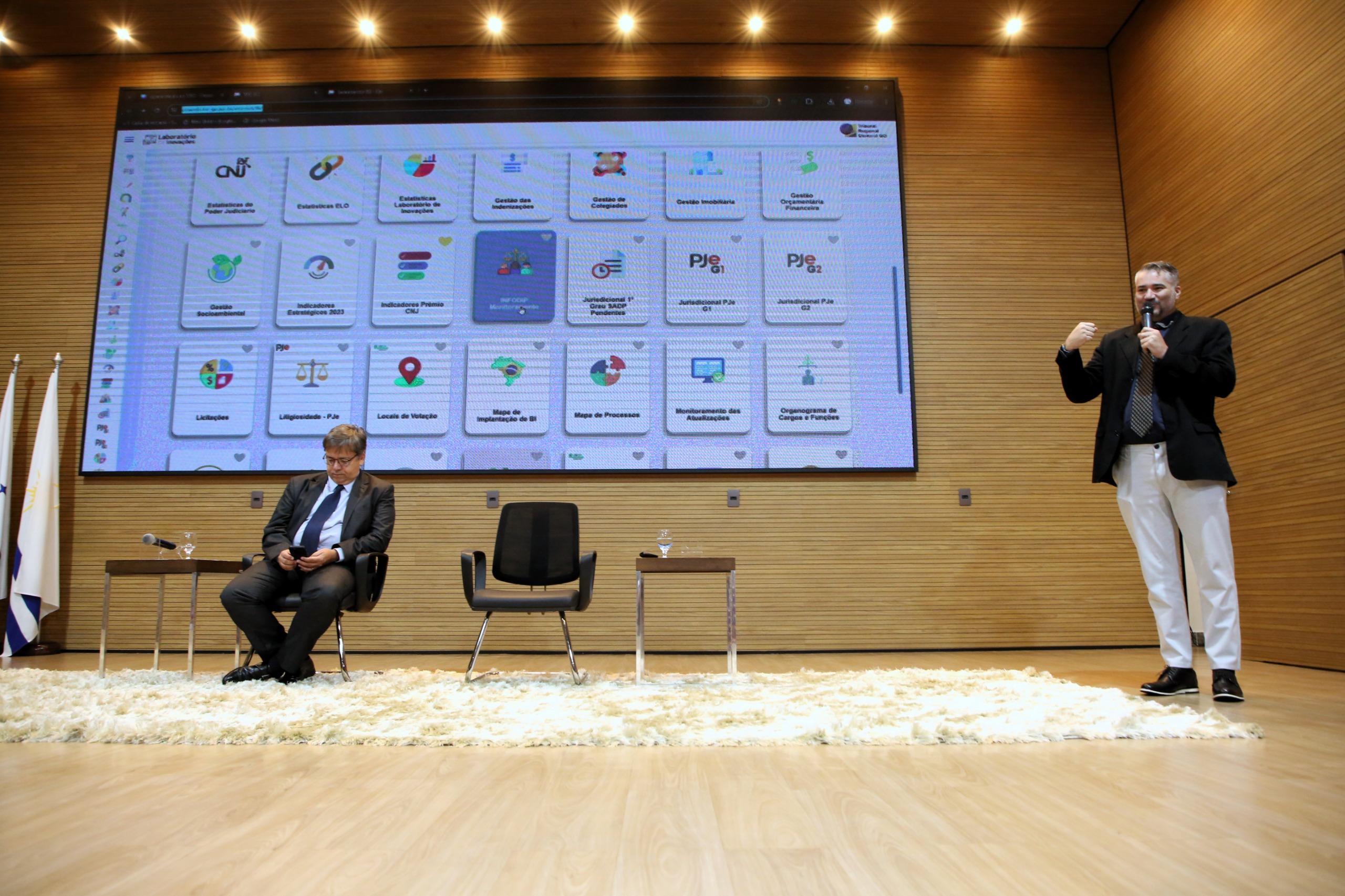
The Brazilian Judiciary has invested in the standardization and unification of procdural tablese.
But do you what it is?
In the Judicial System there are many different legal proceedings taking place at the same time. In Brazil, the Judiciary has never been as busy as it is today. Data from the “Justice in Numbers 2023” report (CNJ) indicates that, in 2022, there were more than 31.5 million new cases.
Because of this high demand, Judges, lawyers, civil servers and other people involved in these judicial activities need to understand and manage these processes efficiently. That's why standardization is necessary. And that's where the Unified Procedural Table (TPU) comes in.
In summary, we can understand the TPU as a system of standardized labels used to organize and describe processes and procedural acts. This facilitates communication, organization and efficiency, ensuring that everyone involved clearly understands what is happening in each case, regardless of where they are in the country.
With the importance of exchanging experiences in mind, the Superior School of the Judges of the State of Tocantins (Esmat) held the National Meeting on the Unified Procedural Tables of the Judiciary this Thursday (May 23rd), in the auditorium of the Court of Justice of the State of Tocantins (TJTO), with the theme: “Ensuring the statistical accuracy of legal data: the fundamental role of the TPU”.
The idea was to promote an exchange knowledge and experiences, stimulating constructive dialog and collaboration between the several players involved in the search for a more transparent, efficient and fair judicial system.
Programing
In the afternoon, the event featured a lecture on the importance of data and adherence to the TPU for social purposes, given by Ricardo Feliz Okamoto, an advisor in the jurimetry sector of the São Paulo State Prosecution of the State of São Paulo.

In his talk, Ricardo presented statistical data on the subject that can help identify bottlenecks and propose improvements in research and studies on how TPUs work. Next, the Judge of the Court of Justice of the State of Rio Grande do Norte (TJRN), Dr. Marivaldo Dantas de Araújo, addressed the importance of the TPU for the production and collection of reliable procedural data.

Marivaldo highlighted the contributions of accurate and consistent procedural data to the Judicial System, helping to optimize and in the streamline decision-making. The lectures were mediated by Darllane Cristina dos Santos Ferreira Tacho and Judge Rafael Gonçalves de Paula.
Good Practices

As part of the programming, the meeting also gave the participants the opportunity to learn about the sanitation panel according to the TPUs in the procedural data, presented by the judicial analyst of the Regional Electoral Court of the State of Goiás, Bruno Mortari. Ariostinis Guimarães Vieira, an Assistant Judge in the General Internal Affairs of Justice, presided over the activity.
Discussion Table
Kellen Cleya dos Santos Madalena Stakoviak coordinated the discussion table on proposals for improvements in updating the tables in the electronic process system and their practical applications in cases.
The presenters and debaters were representatives of the justice system, the OAB, the Public Defender's Office, the Public Security Secretariat, the General Internal Affairs of Justice Office and the TJTO.
Among the improvements proposed were the integration of systems, continuous training of civil servers, automation and monitoring of TPUs, and educational and dynamic dissemination via digital media to share information about the tables.
“The more knowledge that is available, the better the tables will be filled in,” said lawyer Danilo Bezerra.
Representing the panel were Judge Arióstenis Guimarães Vieira; Civil Police Chief Cassiano Ribeiro Oyama; lawyer Danilo Bezerra de Castro; State Prosecution official Natália Fernandes Machado Nacismento; and Public Defender Noana Santos Helege.
Testimonial
In a statement, Judge Agenor Alexandre da Silva, head of the 1st Civil Court of the city of Palmas, highlighted the importance of the meeting.
“In my view, the event was essential. As a Judge, given the workload, I don't have much time to observe this, so what struck me about the lectures was that we began to have a different view of the importance of these unified tables for statistical purposes and also to guarantee the fidelity of the information for the Judge of the unit himself, so that he can have internal control and organization,” he said.
Click here and check out the morning coverage.




_thumbnail_thumbnail.jpeg)
_thumbnail_thumbnail.jpeg)
_thumbnail_thumbnail.jpeg)
_thumbnail_thumbnail.jpeg)
_thumbnail_thumbnail.jpeg)
_thumbnail_thumbnail.jpeg)
_thumbnail_thumbnail.jpeg)
_thumbnail_thumbnail.jpeg)
_thumbnail.jpeg)
_thumbnail.jpeg)
_thumbnail.jpeg)
_thumbnail.jpeg)
_thumbnail.jpeg)
_thumbnail.jpeg)
_thumbnail.jpeg)
_thumbnail.jpeg)
